The LETHE project, a European initiative that aims to develop and test a multidomain intervention program for the prevention of cognitive decline in older adults, held its consortium meeting in Bologna on 5th and 6th of June. The meeting was an opportunity for the partners to share the main results achieved so far, the progress of work of active tasks and work packages, and the plan for the next 12 months project activities.
Among the key topics discussed during the meeting, the following stand out:
- The design of the LETHE Robot and Audio Glasses Sub-studies, that will be kicked off at the end of the year, whose aim is to test with the target population new interaction technologies, namely Temi robot and BOSE audio glasses, to perform the LETHE protocol. These technologies are expected to enhance the user experience and engagement with the intervention program, as well as to provide personalized feedback and support.
- An AI-driven risk stratification model that assesses the risk of cognitive decline in older adults. This model enables the identification of individuals with a high risk of cognitive decline at the start of a multidomain intervention program. By utilizing explainable AI techniques, we can examine the practicality of generating personalized risk profiles that offer valuable insights into individual risk and protective factors at the participant level. This approach represents an initial stage towards implementing an AI-driven personalized pathway for multidomain interventions within LETHE.
The presentation of a knowledge base whose purpose is to leverage the knowledge graph, which is able to connect data significantly, similar to how humans perceive and understand knowledge, effectively simplifying the ability to discover information from analyzed data. The formalization of “relations” between “entities” through graphs allows the data scientist to conduct: entity analysis, link analysis, network analysis, statistical analysis.
- The presentation of the first release of the Brain Health literacy Portal and the Multilanguage video generation solution, a Web and mobile accessible portal and a content generation tool whose aim is to engage end users and increase the health literacy on the main risk factors impacting the cognitive decline. The portal will provide evidence-based information and recommendations on how to maintain a healthy brain. The video generation solution will allow users to create multilingual videos on brain health topics using text-to-speech and speech-to-text technologies.
The LETHE project coordinator, Dr.Sten Hanke from FH JOANNEUM University , expressed his satisfaction with the outcomes of the meeting and thanked all the partners for their contributions. He also stressed the importance of continuing to work together towards the common goal of preventing cognitive decline and promoting healthy aging in Europe.
°
°
The LETHE project has received funding from the European Union’s Horizon 2020 research and innovation programme under grant agreement no 101017405.
Stay updated, subscribe to our newsletter: Join our community
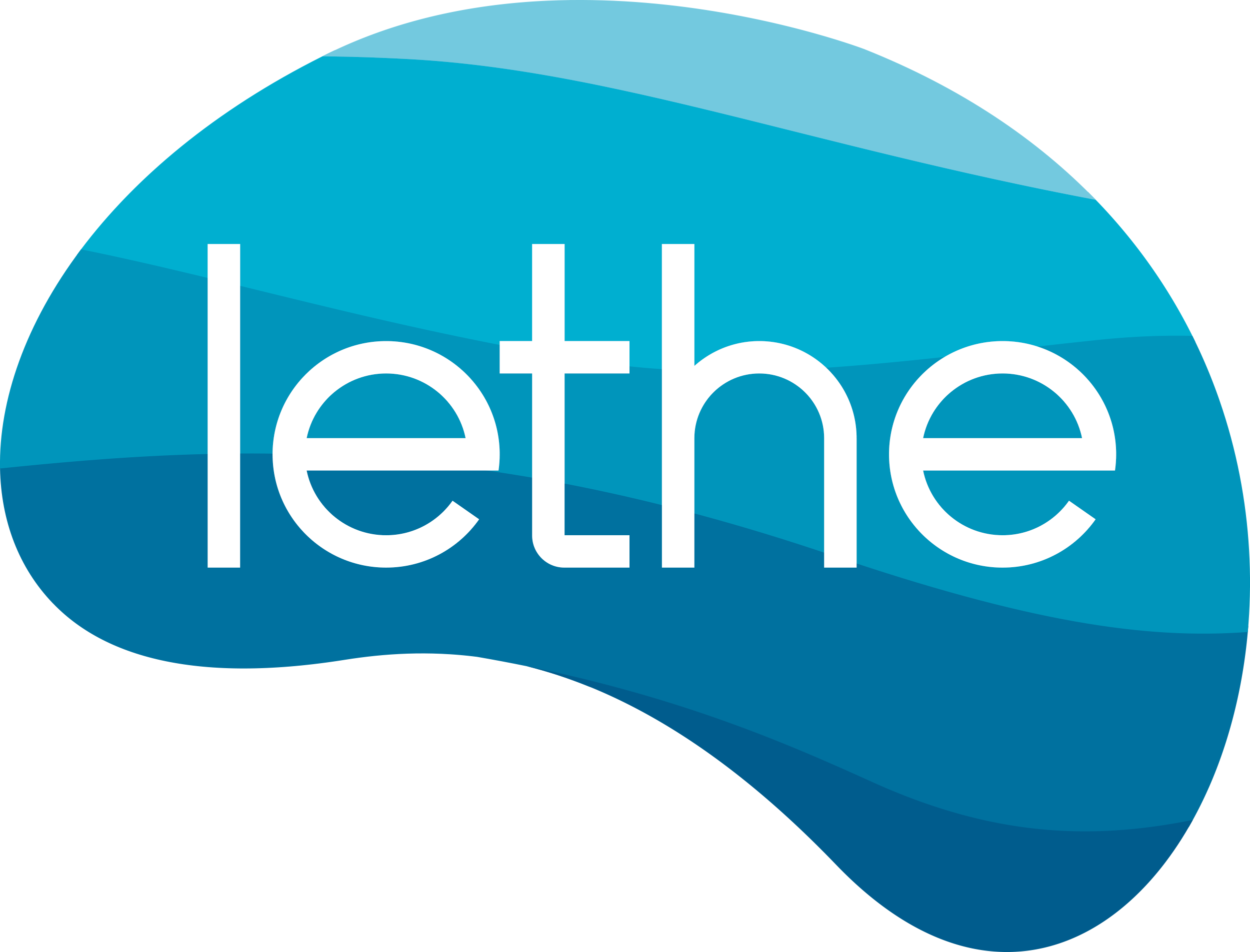
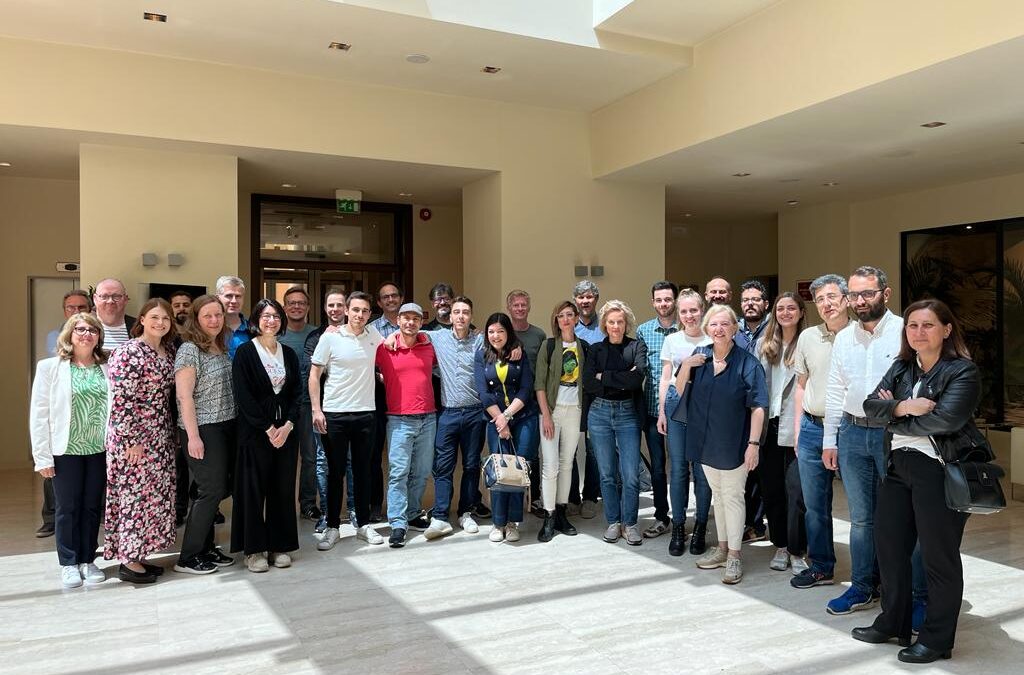
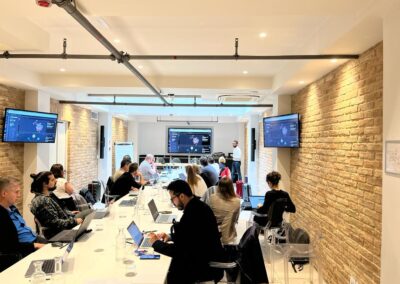
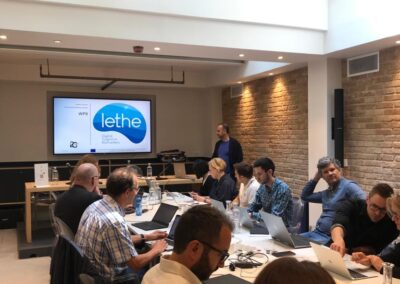
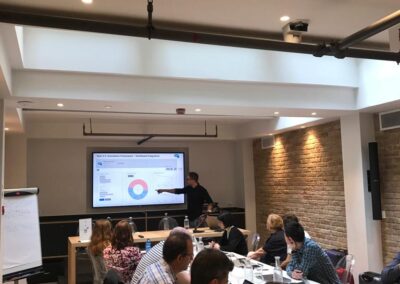
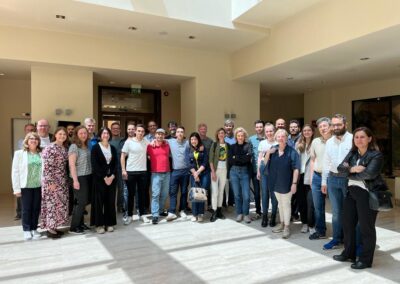
Recent Comments